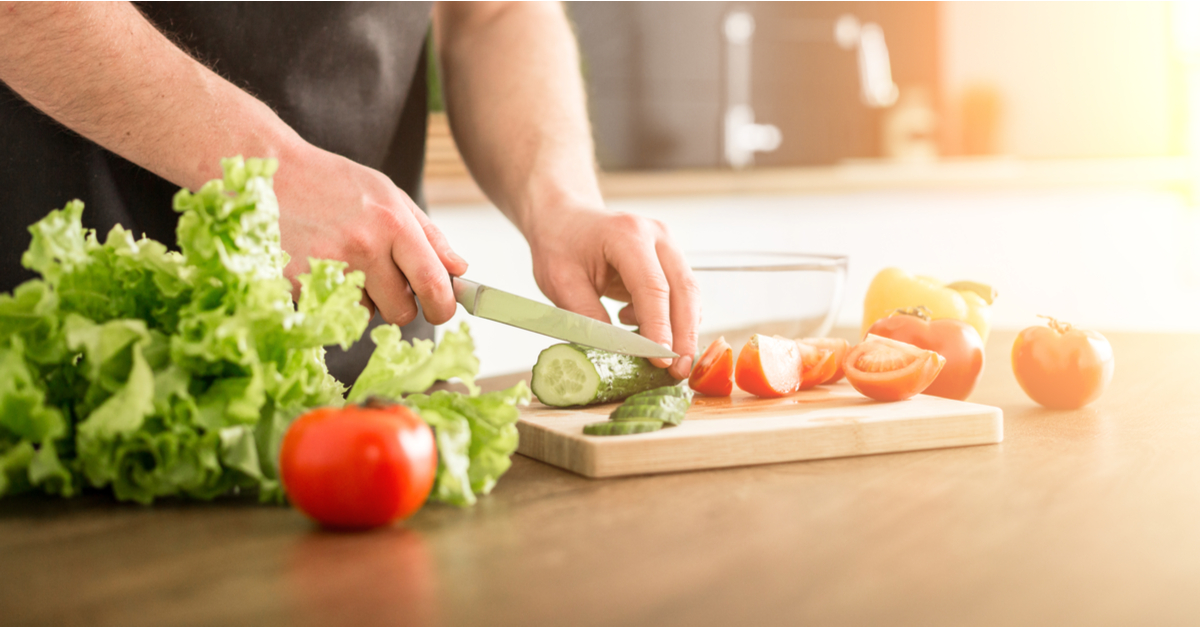Healthy Lifestyle Tips and Resources During Social Distancing
By Dr Maria Cecilia Mosquera
Clinical Associate Professor of Lifestyle Medicine
University Primary Care Centre, UNIC Medical School
and
Dr Elena Philippou
Associate Professor of Nutrition and Dietetics
Department of Life and Health Sciences
School of Sciences and Engineering, UNIC
Dear UNIC Family,
The European Food Safety Authority states that there is “currently no evidence that food is a likely source or route of transmission of Coronavirus (COVID-19).” The World Health Organization (WHO) advises us to regularly and thoroughly wash our hands and clean thoroughly and frequently touched surfaces and objects. It is also important to wash your hands thoroughly during food preparation and after handling unwashed foods and packaging. Although there isn’t any evidence of coronavirus contamination through food, we would also advise you to avoid eating raw or undercooked animal products.
Keeping these precautions in mind, it is important to remember that food is not just fuel for the body. A healthful diet can nourish your body and help prevent illnesses such as heart disease, diabetes, and even some cancers. And, many nutrients from foods are important to the normal functioning of the immune system. There is no ‘one’ specific food known to-date to prevent you from catching COVID-19. Thus, you should wash your hands and practice social distancing. However, you can take this opportunity to work on creating a healthful balance in the way you eat and on nourishing your body for health. Set goals that are “SMART” so that you can track your progress and achieve them in a healthy way. Below are ideas to help you get started.
#4. Nutrition
Foods That Nourish Your Immune System
All of the following vitamins and nutrients found in foods are important for your immune system to function well so that it can fight infections. And, listed are some examples of foods that contain them.
- Vitamin A – cheese, eggs, oily fish, milk, yellow fruits, and yellow/red/green leafy vegetables, liver (not to be consumed frequently)
- Vitamin C – citrus fruits like oranges, red peppers, strawberries, frozen berries, broccoli
- Vitamin D – oily fish, red meat, egg yolks, liver (not to be consumed frequently)
- Vitamin E – plant oils, olive oil, nuts, seeds, wheatgerm
- Omega-3 Fatty Acids – oily fish, flaxseed, nuts, rapeseed or linseed oils, soya products, green leafy vegetables
- Zinc – meat, shellfish, poultry, beans, nuts, whole grains
What You Should Eat
You should not focus on eating only a few types of foods. It is important to eat a variety of foods to ensure your body gets adequate amounts of all essential nutrients. For this, aim to include a rainbow of fruits and vegetables throughout your daily plan. Eat healthy snacks such as fruits, vegetables, wholegrain crispbreads with avocado, or unsalted nuts. Take this extra time being given to you at home to try some new, healthy recipes. If you live in the same house with your family and children, eat meals together with no distractions. And encourage your children to join you in the kitchen. Here are some tools to assist you:
- UK EatWell Guide – picture of a balanced healthy food plate
- NHS Inform: How to eat a healthy balanced diet – tips
- Association of UK Dieticians Healthy Eating: Food Fact Sheet
- Healthy Recipes for Families: UK Change4 Life and NSW’s Healthy Kids and Super Healthy Kids
In these challenging times, we should be mindful of what we eat. Our current home-bound situation could create opportunities to overeat for you, your families, and children. “Energy in” (how many calories you eat) must equal “energy out” (how many calories you burn with movement/exercise) in order to maintain a healthful weight. So, moving or exercising less in this time of staying home for “social distancing” may mean that your body requires less fuel than before. Try to add activity to your day at home to create a balance

